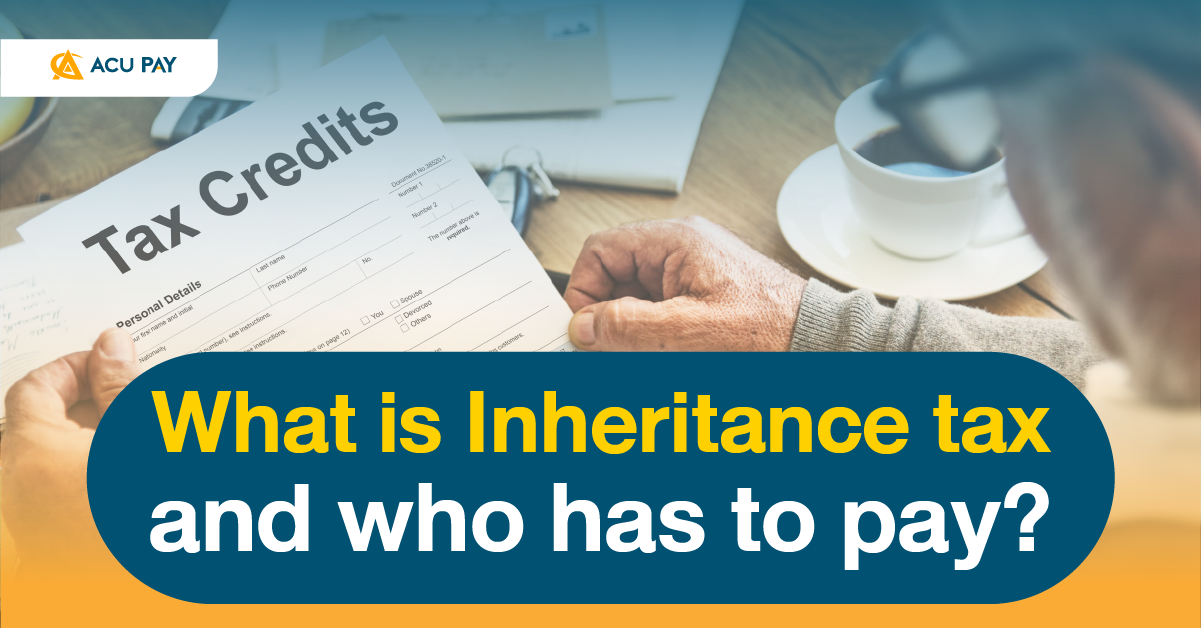

Many people may have seen in series where the main characters receive money from their heritage. We think they may have used it without any burden. However, the money they earn must be deducted to pay taxes if the criteria are met, whether it’s received from family or non-blood-related family, otherwise, it can be illegal. This time, ACU PAY will introduce you to the Inheritance tax, including the terms and conditions of this tax payment.
Inheritance tax occurs when the owner of heritage dies. It is a tax collected from the inheritance value that each heir receives from the inheritance division, with the heir in charge of paying the tax. If net inheritance is received at once or several times exceeds 100 million baht is subject to legal taxation. Inheritance tax is usually accompanied by a tax on giving and taking, or a tax that taxpayers have to pay in case the heritage owner has not died yet.
There are 5 types of inherited property to be taxed:
1. Real estate
Such as houses, land, and buildings in Thailand and abroad.
2. Securities
Such as stocks, debentures, investment units, debt instruments, and derivatives, whether issued by listed companies in Thailand or abroad.
3.Deposits
Or any other money of the same nature, both in Thailand and abroad
4. Vehicles with registered evidence.
Such as cars, boats, and motorcycles, both registered in Thailand and abroad.
5. Other financial assets (if any further announcement is made in the future)
The inheritance tax rate is divided into 5% and 10% according to the conditions set by the Revenue Department.
The inheritor must be a person of Thai nationality, but if it is not a taxable property, the inheritance will only be assets that are in Thailand.
The tax rate of inheritance tax shall be calculated from the value of property-debt exceeding 100 million baht by collecting taxes at a constant rate as follows:
In case the inheritor is the husband or wife of the inheritor and has a legally registered marriage, that person shall be exempted from inheritance tax.
If an inheritance is given to a government agency or a public part, that inheritance will be exempted from inheritance tax as well.
Inheritance tax returns must be filed by the inheritor (Ph.M.60) and must be paid within 150 days from the date of inheritance exceeding 100 million baht. In case of failure to pay full tax, the law allows the inheritor to pay by installment for up to 5 years and if they can pay all taxes within 2 years, no additional interest will be required.
In case of no need to pay inheritance tax or overpay, how can we maintain our benefits? Legal requirements have considered this point: Taxpayers must apply for a refund of inheritance tax by applying for a refund of tax (c.10) Within five years from the date of payment of all taxes which must be filed with three other documents:
That’s it for us to get every baht back as we deserve.
If the inheritor fails to file a tax with a reasonable reason, a penalty of not more than 500,000 baht and the penalty of fine which is 1 time of the tax that has to be paid.
Inheritors file taxes that are not complete or not true, they must pay a fine of 5 times the tax that has to be paid.